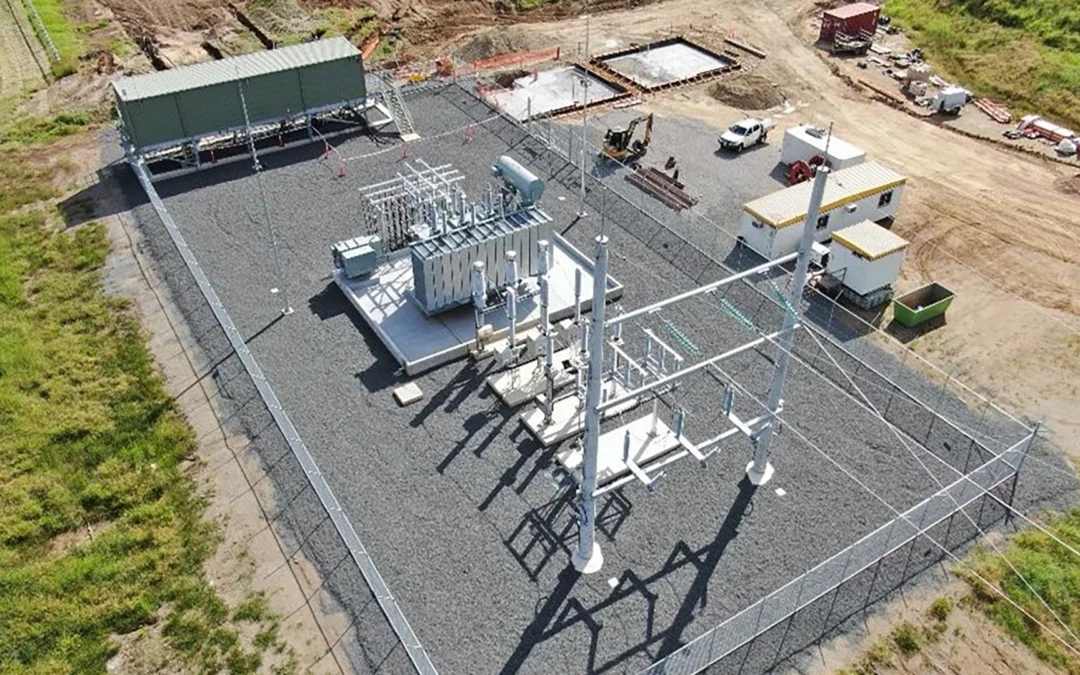Many connection applications face setbacks, often due to preventable issues
Australia’s energy market is undergoing a significant transformation as it works toward achieving net-zero emissions by 2050. However, this rapid transition, combined with the retirement of coal-fired power plants, is placing strain on the national energy network. These challenges are often compounded by delays in the application and approval process, creating bottlenecks for renewable energy projects seeking to connect to the grid.
Many connection applications face setbacks, often due to preventable issues. Below, we highlight the top five reasons renewable energy connection applications are frequently denied, along with strategies to help you avoid these common pitfalls for smoother approvals and better outcomes.
Poor Quality of Submissions
A well-prepared design and application is critical to demonstrating a project’s feasibility and compliance with regulatory standards. Submissions that lack detail, organisation, or essential supporting documentation raises concerns for assessors, often resulting in delays – sometimes lasting several years.
Incomplete or Inaccurate Models
Technical models play a crucial role in demonstrating a renewable energy project’s performance and its impact on the grid. Errors or omissions in these models can hinder regulators’ ability to properly assess grid compatibility and reliability, potentially leading to significant delays or rejections.
Lack of Familiarity with National Electricity Rules (NER) Guidelines
Australia’s National Electricity Rules (NER) outline strict guidelines for connection applications. A lack of understanding of these rules can be costly. The NER guidelines cover a wide range of requirements, from technical specifications to market obligations, and failing to adhere to them can result in non-compliance and application rejection.
Weak Negotiation Skills
Connection applications often require negotiations with a variety of stakeholders, including network service providers, regulators, and local communities. Applicants who lack strong negotiation skills may struggle to secure approval, as these discussions directly impact the terms, conditions, and overall feasibility of the project.
Limited Availability of Market Resources
The rapid growth of the renewable energy sector has led to high demand for specialised resources such as technical consultants, project managers, and legal advisors. Limited access to these resources can compromise the quality and completeness of connection applications, causing applicants to miss critical requirements or experience delays.
The success of renewable energy projects in Australia hinges on a thorough and well-executed connection application process. By ensuring high-quality submissions, accurate modelling, compliance with the NER, strong negotiation strategies, and access to expert resources, applicants can improve their chances of approval, reduce delays, and support the growth of the renewable energy sector.

